Twenty months after the devastating earthquakes, the area encompassing three residential buildings in Şahin Tepesi, a neighborhood in İskenderun, Hatay, has been declared a “reserve zone.”
Following the announcement by the Provincial Directorate of Environment, Urbanization, and Climate Change, officials from Hatay’s Urban Transformation Directorate posted eviction notices at the entrances of the buildings on Oct 18, stating that the properties must be vacated within 30 days. If residents fail to comply, the notice warned, locked doors will be forcibly opened with the assistance of law enforcement, and evictions will be conducted by the Urban Transformation Directorate.
The three buildings marked for eviction contain a total of 46 housing units. Mükremin Kurtcephe, 72, a homeowner in one of the buildings, has filed a lawsuit against the eviction order, attaching the legal petition and receipt of submission beside the official eviction notice.
What is a reserve zone?
Under Turkey’s Law No. 6306, also known as the “Urban Transformation Law,” reserve zones are designated by the Ministry, typically upon request from the Housing Development Administration (TOKİ) or other authorities, to facilitate new housing developments. However, recent amendments on Nov 9, 2023, have expanded this definition, now allowing for expropriation in already inhabited areas.
‘No concrete core samples taken’
In his legal petition shared with bianet, Kurtcephe wrote: “Our building was classified as ‘slightly damaged,’ so we’ve continued to live here since the earthquake. Even after a review of this classification, the result remained unchanged.”
Kurtcephe pointed out that many six-story buildings nearby had collapsed in the earthquake, causing extensive damage to infrastructure during debris removal. He remarked, “The same officials who were absent during those times are now posting eviction notices on our building, which has stood strong for the last 20 months. It’s baffling that the area was declared a reserve zone without even a concrete core sample being taken from our buildings.”
He added, “Where will we find new homes in winter? How will we afford the rent? What will happen to our children who are in school?”
‘Decisions should not be made so easily’
Kurtcephe expressed frustration with what he perceives as the authorities’ ‘I did it, so it’s done’ approach, stating, “Those who have yet to build and deliver homes for earthquake survivors are now telling us to vacate our undamaged or slightly damaged homes because it’s been declared a reserve zone. This arbitrary decision undermines our property rights.”
“Playing with people’s lives should not be this easy,” Kurtcephe emphasized, adding, “Two neighboring properties, initially designated as reserve zones, were excluded from this status after homeowners reached agreements with contractors. Yet, our 46 homes, which are intact or slightly damaged, remain within the reserve zone. Such decisions should not be made so lightly.
Residents forced from their homes should not be saddled with millions in debt to claim new units. These rulings should not leave people with no option but to rent or live in containers. And, given the reversal of the reserve zone status on certain properties, it’s hard to view this decision as mere coincidence.”
(VC/VK)






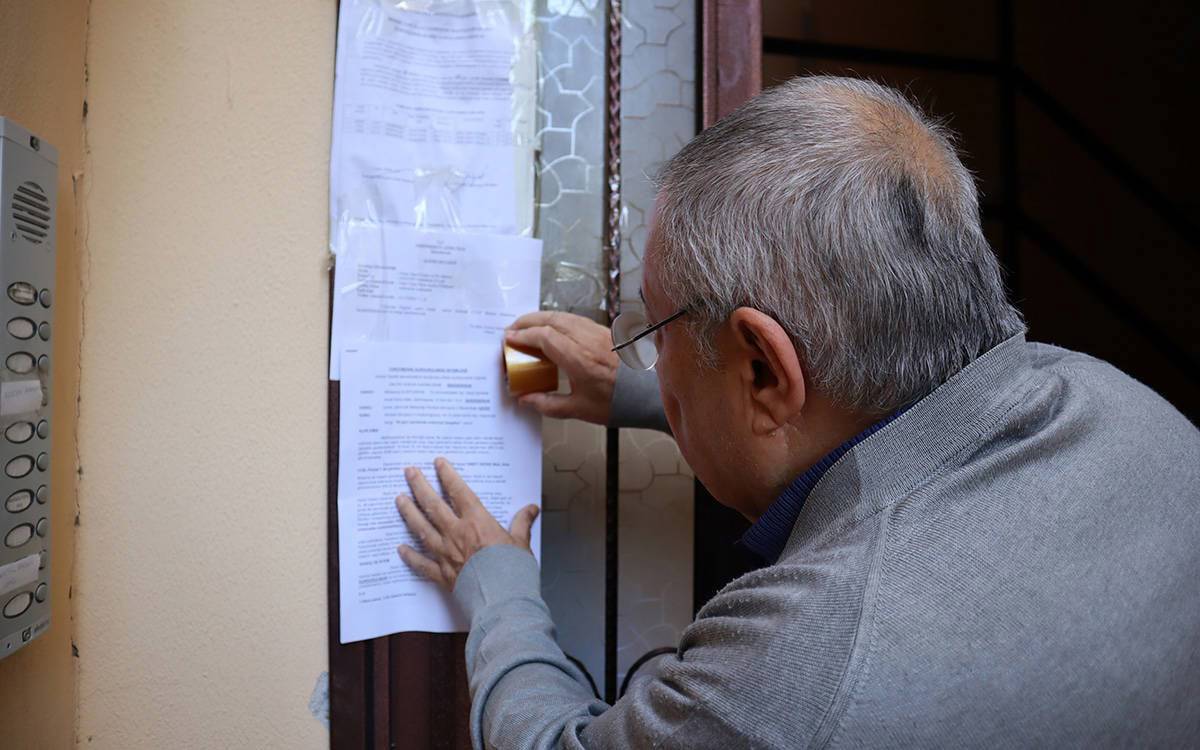
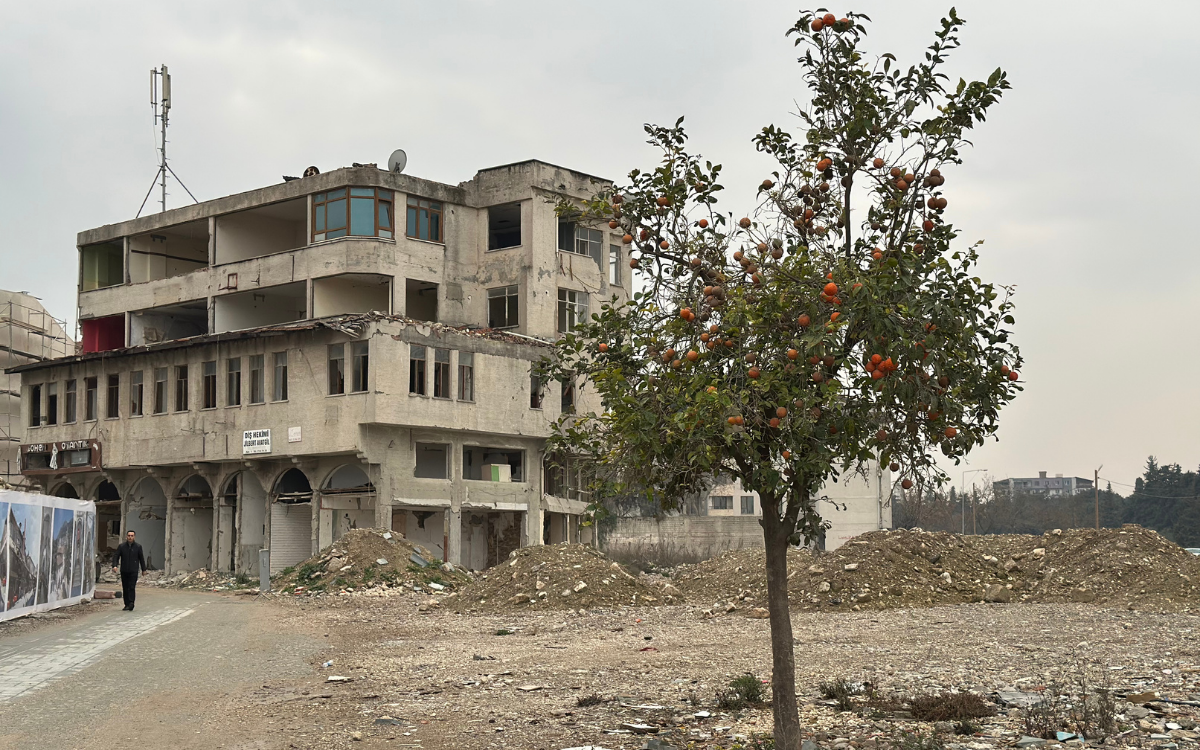
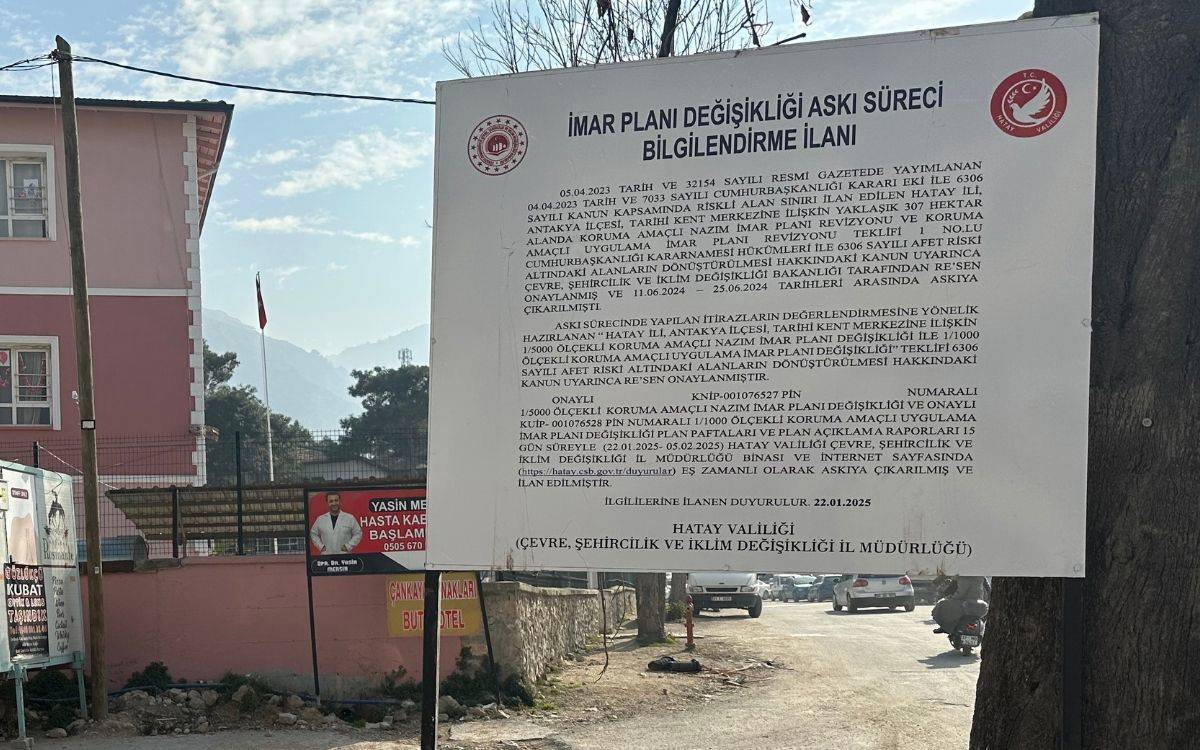
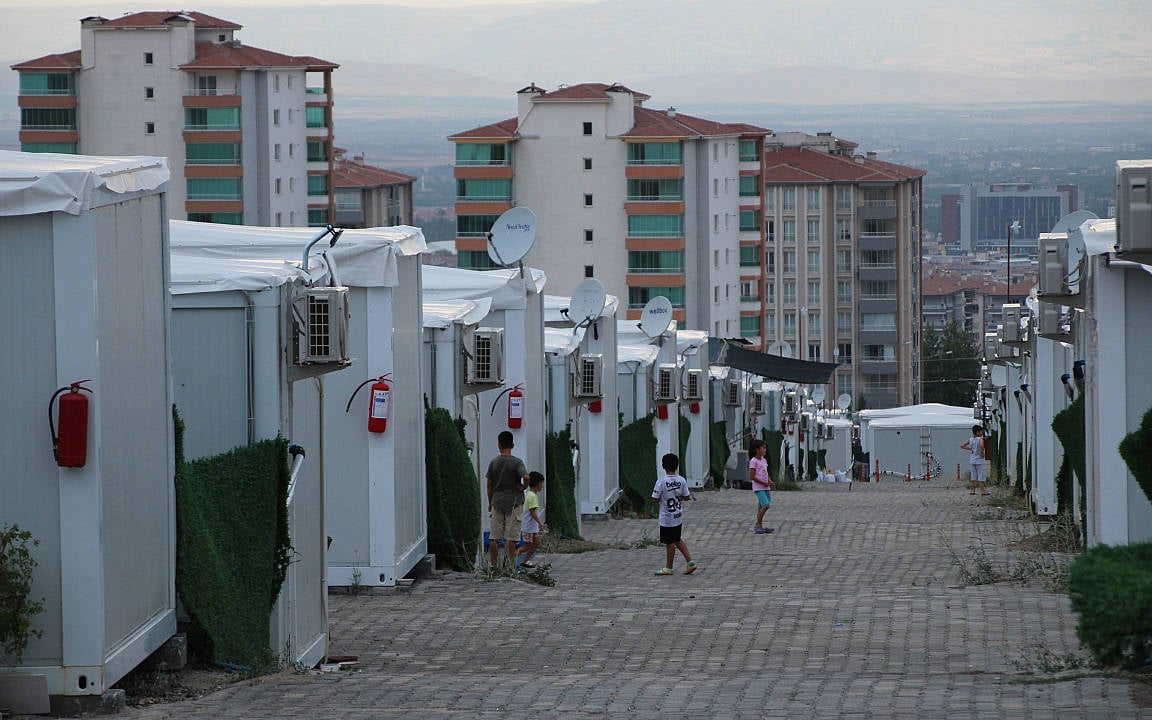
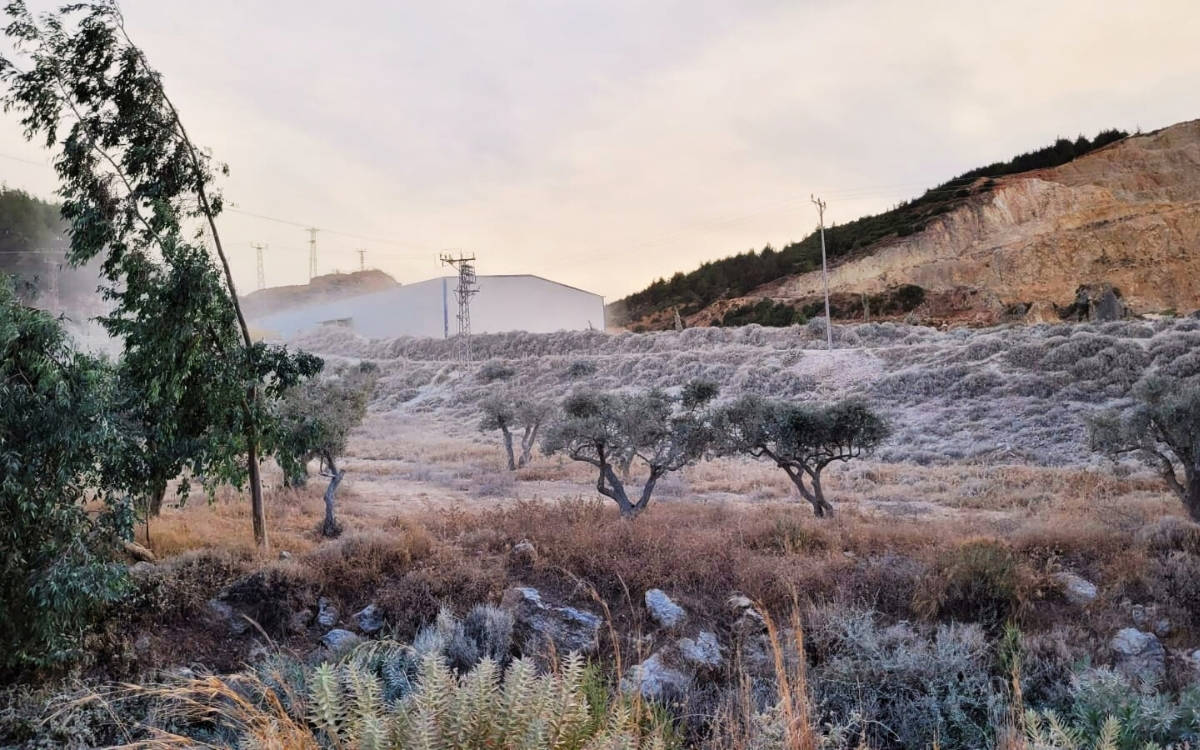
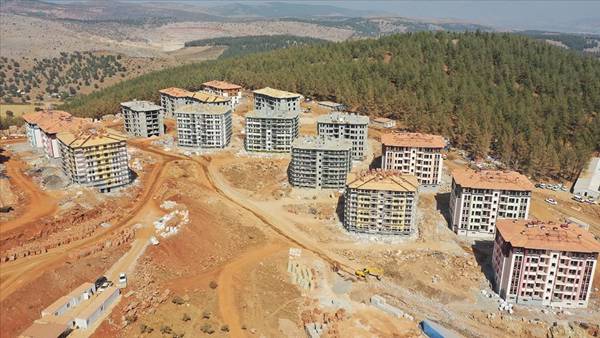
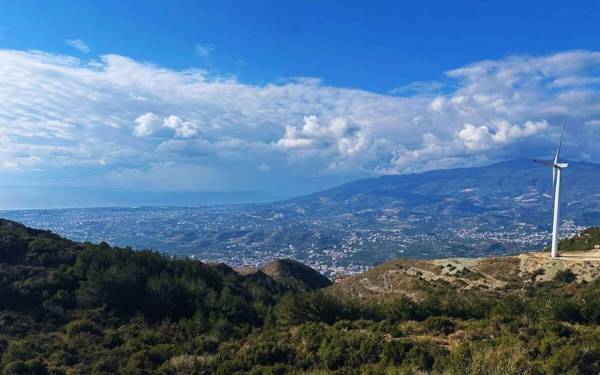
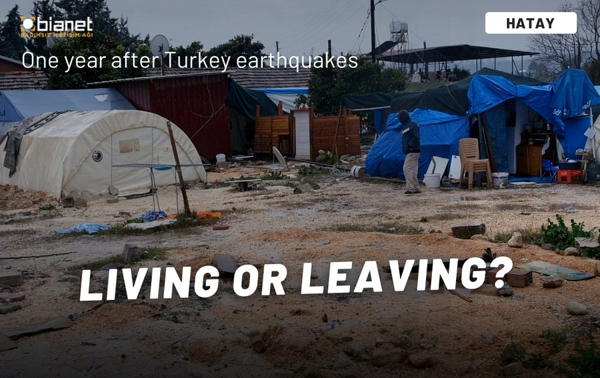
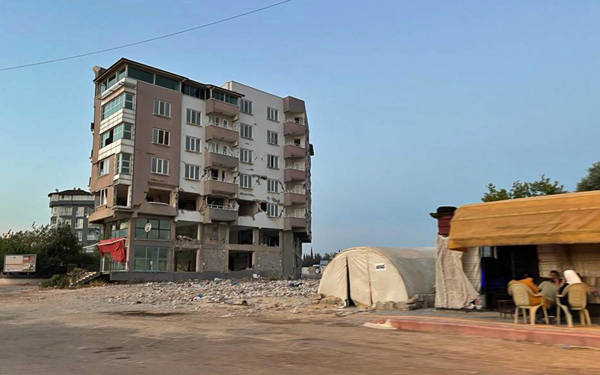
sa.jpg)
